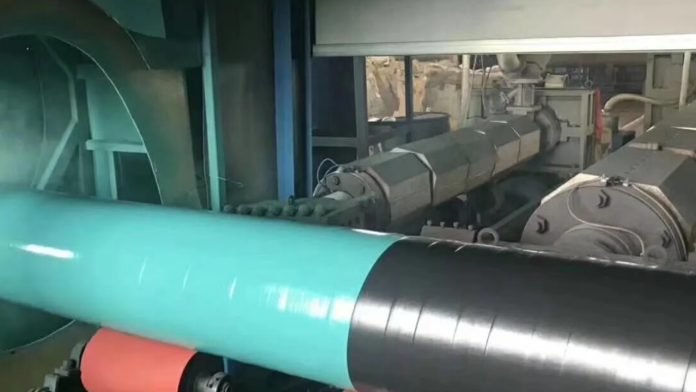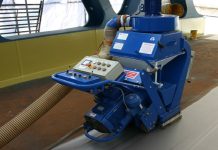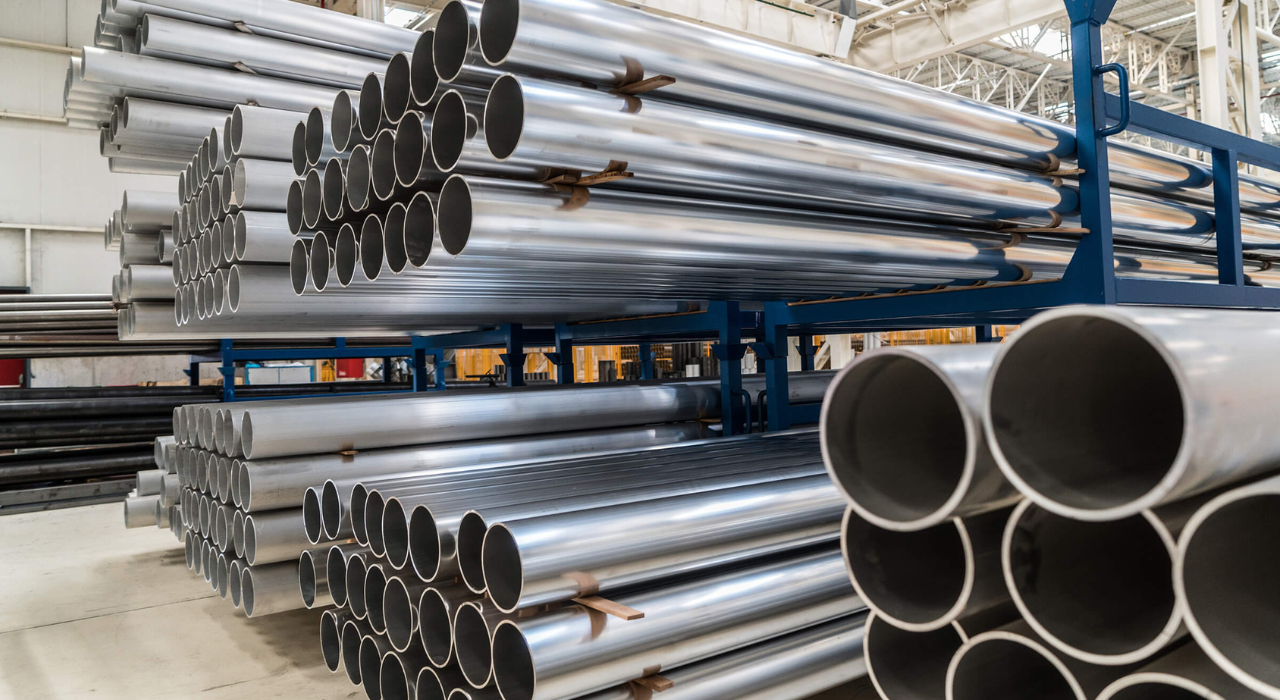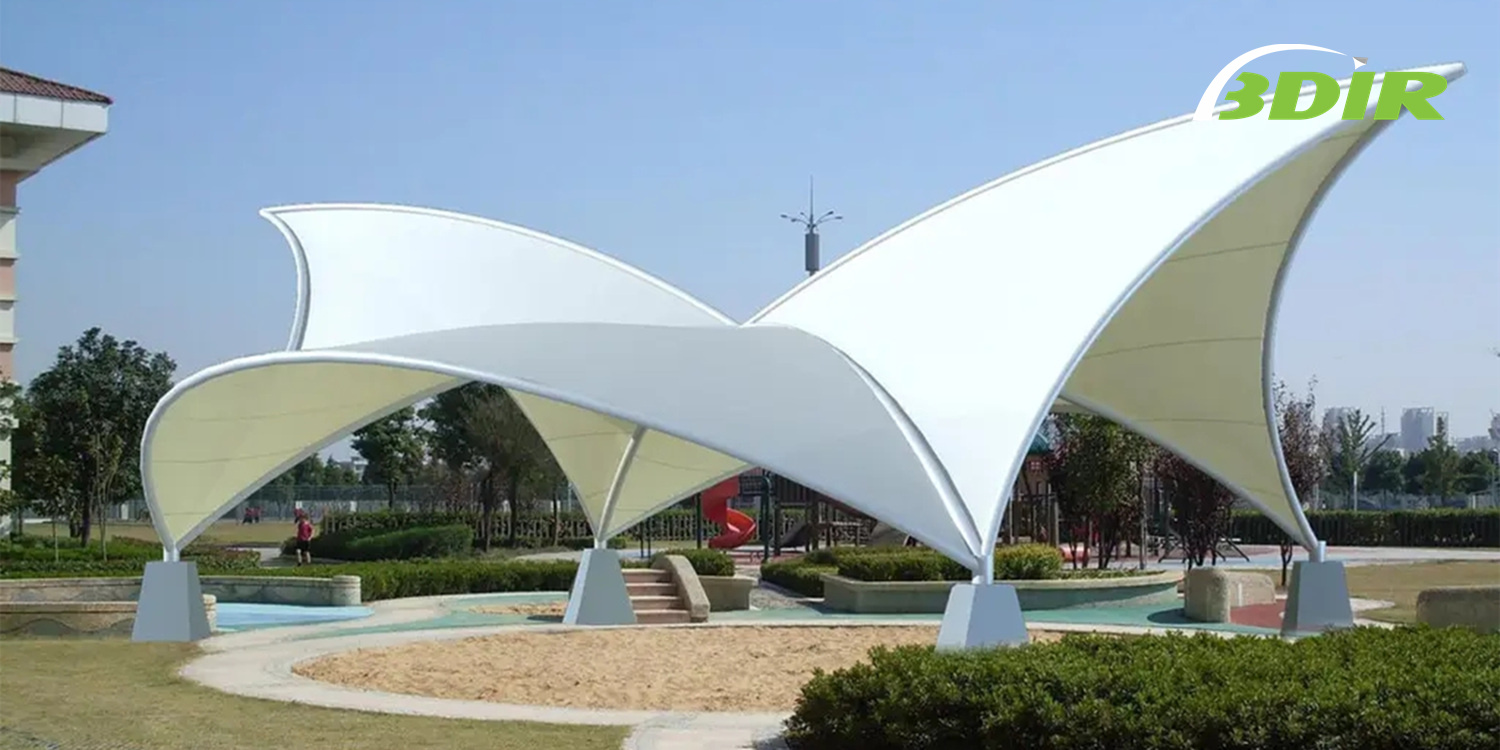The design and upkeep of numerous industrial systems depend heavily on carbon steel pipe fittings since they offer a dependable method of coupling and managing fluid flow. In sectors including oil and gas, petrochemicals, power generation, and more, these fittings are crucial parts of pipelines that guarantee the integrity and effectiveness of fluid transmission.
Trace amounts of other elements are present in carbon steel, which is principally composed of carbon and iron. The carbon content of carbon steel pipe fittings, which ranges from 0.05% to 2.0%, affects the mechanical properties of the material such as strength and hardness. Carbon improves the steel’s resistance to rust and corrosion, making it ideal for several uses, such as pipe fitting manufacture.
Gas Pipelines Compatible with Carbon Steel Pipe Fittings
Gas pipelines are among the many industrial applications that frequently use carbon steel pipe fittings. It is imperative to verify that the particular variety of carbon steel and the fittings fulfill the necessary specifications and norms for gas pipelines. Here are some things to think about:
Carbon steel’s material properties include:
The strength, resilience to corrosion, and longevity of carbon steel are well known. It is the perfect material to use for building gas pipeline components because of these qualities. Over time, the integrity of the pipeline is guaranteed by carbon steel’s resistance to temperature variations and high-pressure settings.
Power and Sturdiness:
The strength of the materials used in the building of gas pipes is vital since they frequently function under high pressure. Because of its exceptional tensile strength, carbon steel is a dependable material for gas pipeline pipe fittings. Because of its resilience, the fittings can endure the demands of frequent use without sacrificing safety.
Resistance to Corrosion:
Effective corrosion resistance is possible with carbon steel, particularly when it is adequately treated or coated. Because of moisture and other corrosive substances, corrosion is a major concern in gas pipelines. Carbon steel fittings can be coated with a variety of techniques, such as epoxy coatings or galvanization, to improve their corrosion resistance and provide external environmental protection.
Expense-Effectiveness:
The affordability of carbon steel pipe fittings is another benefit when utilizing them in gas pipelines. In comparison to certain other materials, carbon steel is more affordable to produce and more widely available. It is an economically feasible choice for large-scale pipeline projects due to its cost benefit.
Fabrication Ease:
Because carbon steel is malleable and weldable, it is easier to fabricate and may be used to make a wide variety of pipe fittings in various sizes and forms. This adaptability makes installation simpler and meets the unique needs of various gas pipeline projects.
Adherence to Regulations:
Strict safety standards and regulations apply to gas pipelines. To ensure that carbon steel pipe fittings conform to industry standards and norms, they are developed and produced to meet these regulatory requirements. The general security and dependability of gas pipeline networks are enhanced by this adherence to norms.
Numerous Uses:
Carbon steel pipe fittings are used in many different components, including flanges, elbows, tees, and reducers, in addition to transmission pipes. They are appropriate for a variety of applications in the gas industry due to their flexibility in accommodating various pipeline functions and layouts.
Environmental Factors to Be Considered
Since carbon steel is recyclable, it complies with current environmental regulations. When compared to some other materials, carbon steel pipe fittings are a more sustainable option because of their recyclability, which lessens the environmental impact of pipeline construction.
Bottom Lines
Carbon steel pipe fittings are excellent for gas pipelines because they are dependable and reasonably priced. Their recyclable nature not only meets safety and reliability criteria but also makes them a feasible pipeline project for the future. They are also environmentally benign. They are crucial to the dependability and safety of gas transmission systems because of their inherent strength, resilience to corrosion, and adherence to safety requirements.













